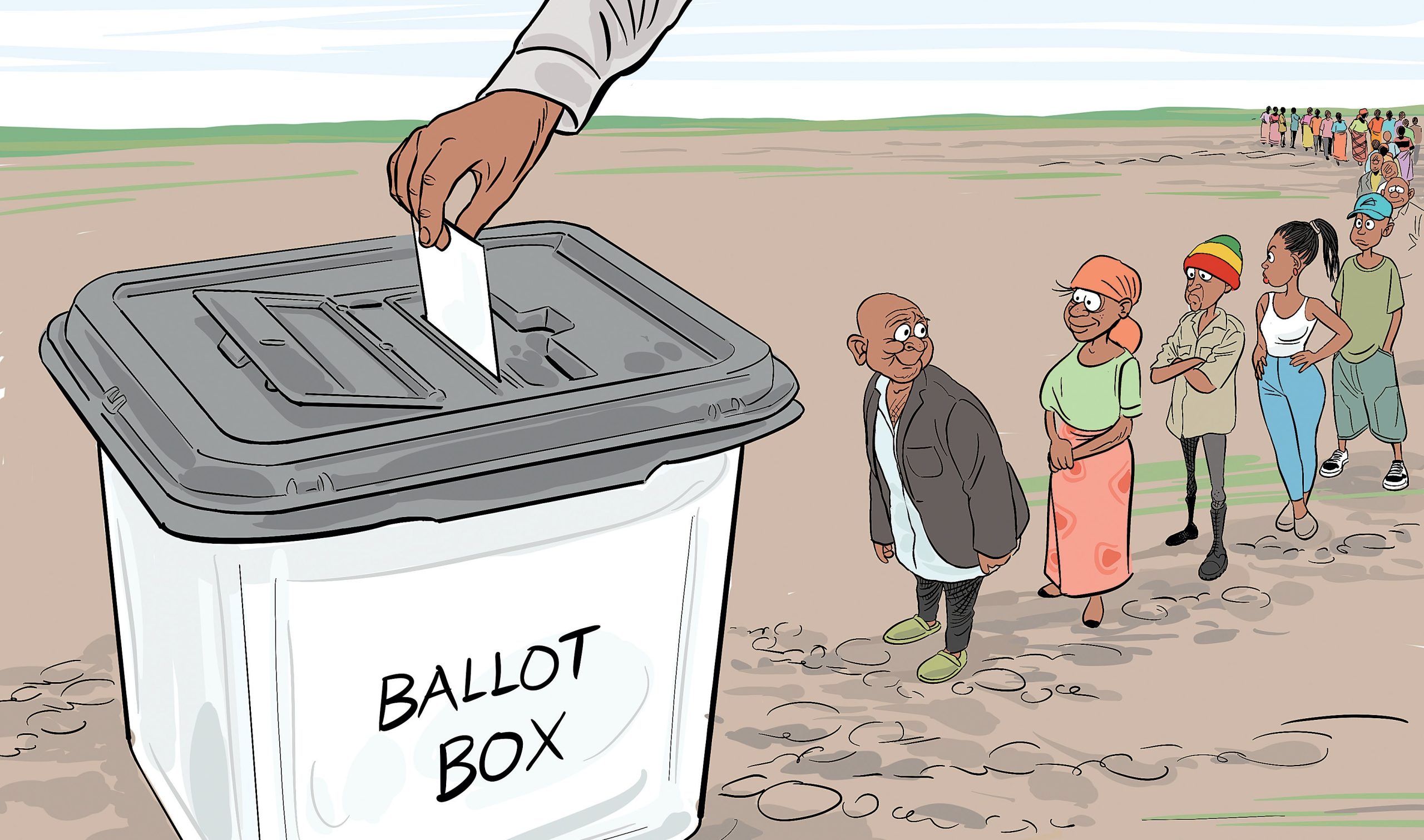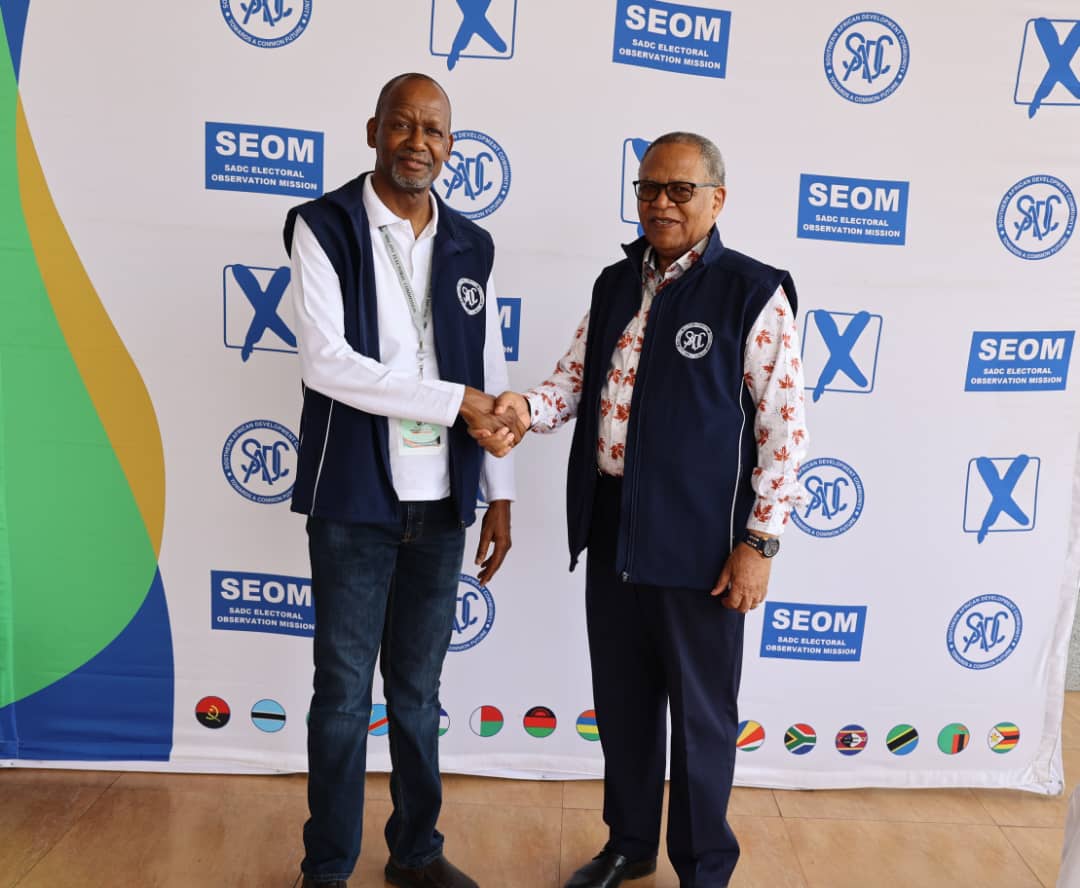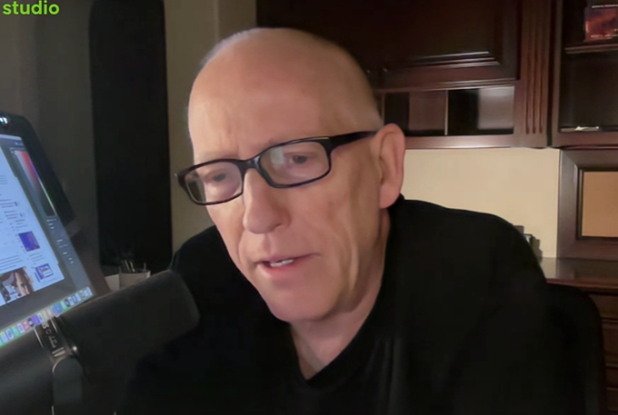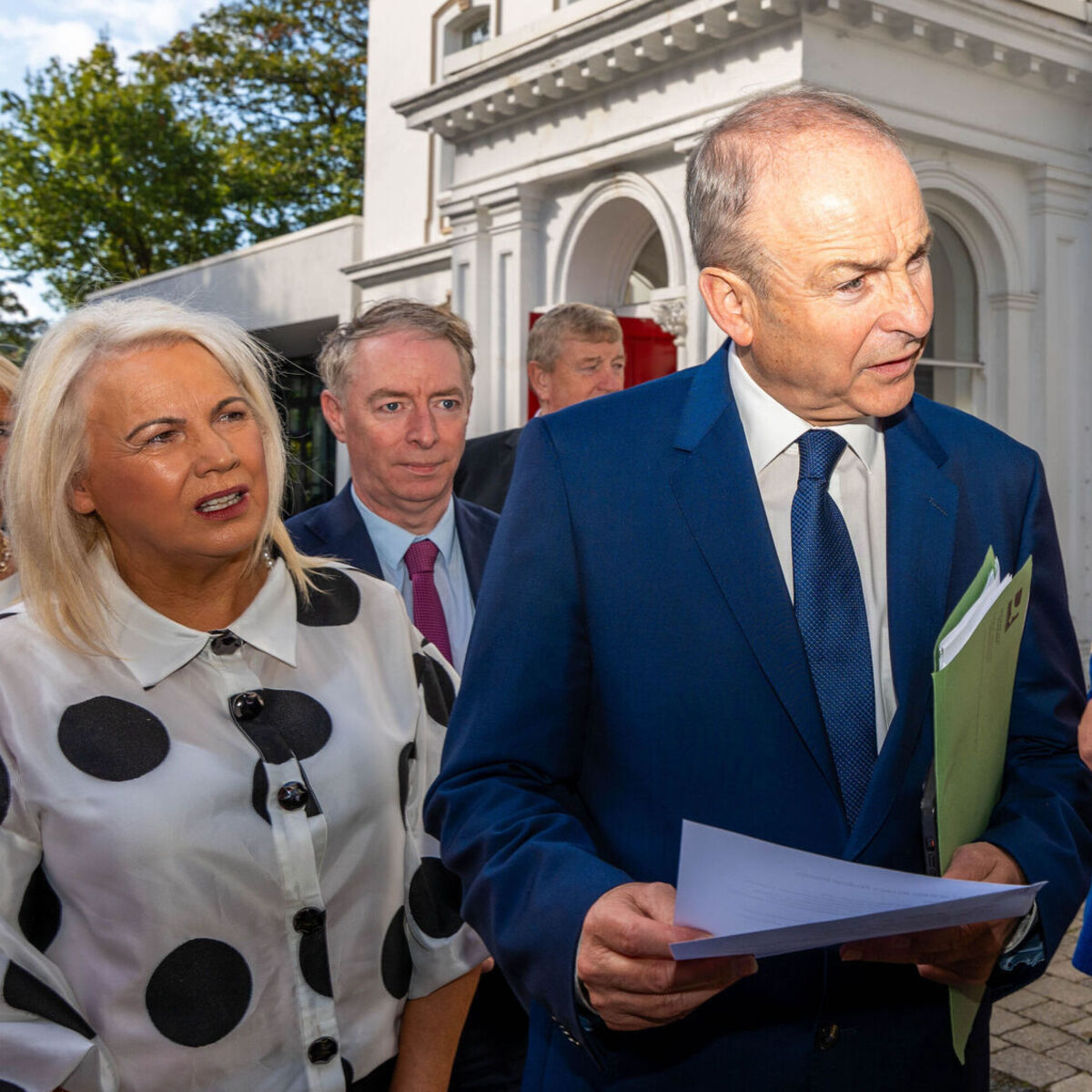By John J. Donohue, Eric A. Baldwin, And Takuma Iwasaki
Copyright newsweek
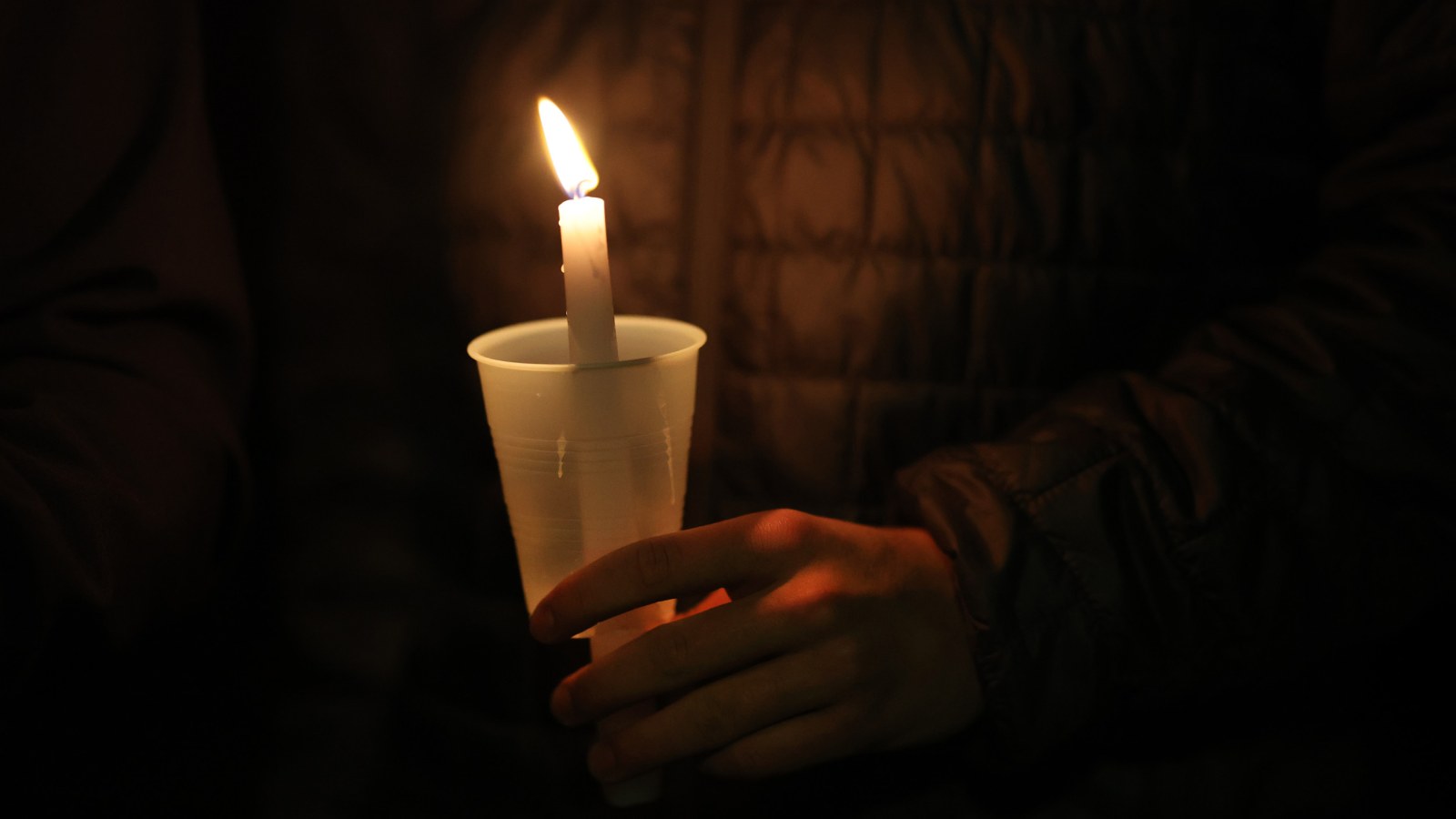
A high school student recently opened fire in a high school cafeteria near Denver. At nearly the same time in nearby Utah, conservative commentator Charlie Kirk was brutally murdered on a college campus in front of a crowd and his wife and kids. Two weeks ago, a shooter entered a school in Minneapolis, shooting 17 children and killing two. Every time a child or young person is killed in a school shooting, Americans demand answers. They hold vigils, make posters, and call on their representatives to act. But there’s another reaction, one rarely seen by most: Behind the scenes, the gun lobby quietly reaches for its checkbook.Pro-gun political action committees (PACs) don’t retreat after these tragedies; they mobilize. We analyzed 25 years of campaign finance data alongside every fatal K-12 school shooting since 2000. The findings are chilling. After fatal school shootings, pro-gun PAC contributions to House candidates in the affected district rise by over 30 percent. But, it doesn’t end there. When the shooting occurs near an election, contributions surge by 1,730 percent. When kids die, checks fly.These contributions aren’t symbolic gestures. They are strategic, targeted, and precisely timed. This surge in money only appears after fatal school shootings, not after other mass shootings or nonfatal incidents. The gun lobby saves its firepower for moments when public grief peaks, and lawmakers face maximum pressure to act.The timing of the gun lobby’s contributions is crucial. Contributions spike dramatically in the two months prior to an election, precisely when candidates are vulnerable, and voters are most attentive. At any point in the eight months leading up to an election, contributions in the impacted district remain over 120 percent higher than in districts without a fatal school shooting. The gun lobby’s contributions help candidates remain silent and insulated at critical moments.This giving creates a quiet yet powerful distortion of democratic accountability. Money floods into affected districts, muffling outrage precisely when constituents are most enraged. We call this effect, “strategic insulation.” These contributions reward loyalty but they also serve another purpose—to shield vulnerable lawmakers from the immediate backlash of their constituents, thus rupturing a bedrock principle of representative democracy: the connection between the public opinion and the responsiveness of elected officeholders.This gets to the heart of a paradox in American politics. The American electorate has made its views on guns clear again and again. Most Americans support common-sense measures like background checks, mandatory training, licensing, restrictions on magazine size, and safe-storage rules. Support for universal background checks usually hovers around 90 percent in public opinion polls. Yet somehow, Congress blithely ignores this demand, and overall congressional legislation for gun safety rarely advances. Congress remains recalcitrant to gun reform even after the gruesome scenes at Parkland, Uvalde, and Sandy Hook.Our research confirms what many grieving families and researchers have suspected for decades: This is not just a failure of political will but a deliberate counter-mobilization by the gun lobby. Previous studies establish that school shootings immediately boost support for reform. Just as public outrage begins to mount, the gun lobby acts quickly to reinforce the status quo. The gun lobby uses this window of opportunity to step in and neutralize legislative action before sustained pressure builds.The implications for American democracy are significant and far-reaching. Tragedies as profound as the murder of children in schools should prompt responsiveness from elected officials. Yet financial interventions from powerful interest groups short-circuit the most basic channels of representative government.Meaningful reform begins with changing incentives for candidates. Transparency needs to be at the core of any remedy. Voters should be able to see, right away, who is funding their representatives, especially in the wake of tragedy. But disclosure alone will not suffice.Policies reducing or countering the gun lobby’s disproportionate influence are needed. Policymakers should consider whether democratic accountability can be better achieved through public financing of campaigns, strict contribution caps, and reigning in dark money. Amplifying small-dollar donations from impacted communities could empower constituents and shift representatives’ attention away from the agendas of special interests, and toward the interests of the constituents who elected them.Until we tackle how political money shields officials from accountability, this tragic cycle continues: children murdered, public outrage mounting, and then quiet yet decisive intervention by the gun lobby. Congress does not fail to act on guns because it is paralyzed. It fails because it is protected.John J. Donohue III is the C. Wendell and Edith M. Carlsmith professor of law at Stanford, senior fellow of the Stanford Institute for Economic Policy Research, fellow of the American Academy of Arts and Sciences, and research associate of the National Bureau of Economic Research. For a generation, he has been the leading empirical scholar of gun violence, crime, and the economics of law and public policy. Eric A. Baldwin, is a postdoctoral research fellow at Stanford University. He is an emerging voice and scholar on gun policy, campaign finance, American political institutions, and criminal justice reform.Takuma Iwasaki is a doctoral candidate at Stanford Law School and a graduate researcher at Stanford Data Science. His research uses advanced econometric methods to study gun policy, campaign finance, political institutions, and the effects of law on social and economic outcomes.The views expressed in this article are the writers’ own.
